There’s a reason most of us love biting into a slice of rich chocolate cake, or sinking our teeth into a mouthwatering, juicy burger.
The high fat content in these foods intensifies their flavors and aromas, and gives them a tender and moist texture. And now an Israeli startup has developed a way to add more of this nutrient into plant-based alternatives to meat, whose fat more often than not leaks out as it is being cooked.
“If you’ve ever tried [a plant-based meat alternative] and you were left with a dry, chewy sensation, or maybe the flavors and aroma were not quite right – this was because the product didn’t have a good alternative to fat,” Gad Harris, founder of KaYama Foods, tells NoCamels.
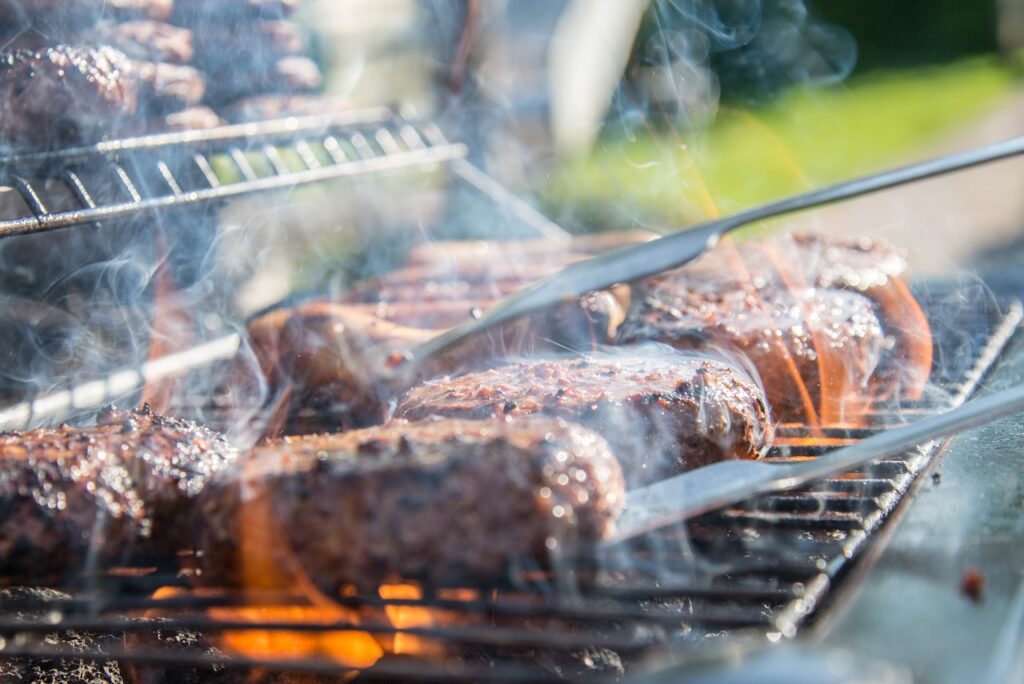
The startup’s secret method uses a handful of natural substances to thicken plant-based oils and raise the temperature at which they liquify. This ensures that the meatless burger, filet or steak into which the fat is incorporated holds its intended flavors, texture, and aromas during the cooking process.
Fats derived from animal sources such as beef or pork have a melting point that ranges from 45°C to 55°C (113°F to 131°F). Most vegetable oils, on the other hand, have a far lower melting point, causing them to leak during the cooking process, resulting in a product that is lacking in sizzle.
One exception is coconut oil, which has a melting point of 25°C (77°F), but whose dominant taste may impact the flavor of a meat-alternative meal.

“The flavors and aromas that you smell could not develop in the cooking process without having fats and oils that are free to function and react with the other components in the meat,” explains Harris.
KaYama’s technology, however, can be used on any plant-based oil – from sunflower to rapeseed – giving food producers more options for animal-free fat sources. And the formula is the same for every plant oil.
Harris says that the patent-pending product is natural and is “clean label,” meaning it uses only a few ingredients that are all recognizable by the consumer – although he declines to disclose any further information.
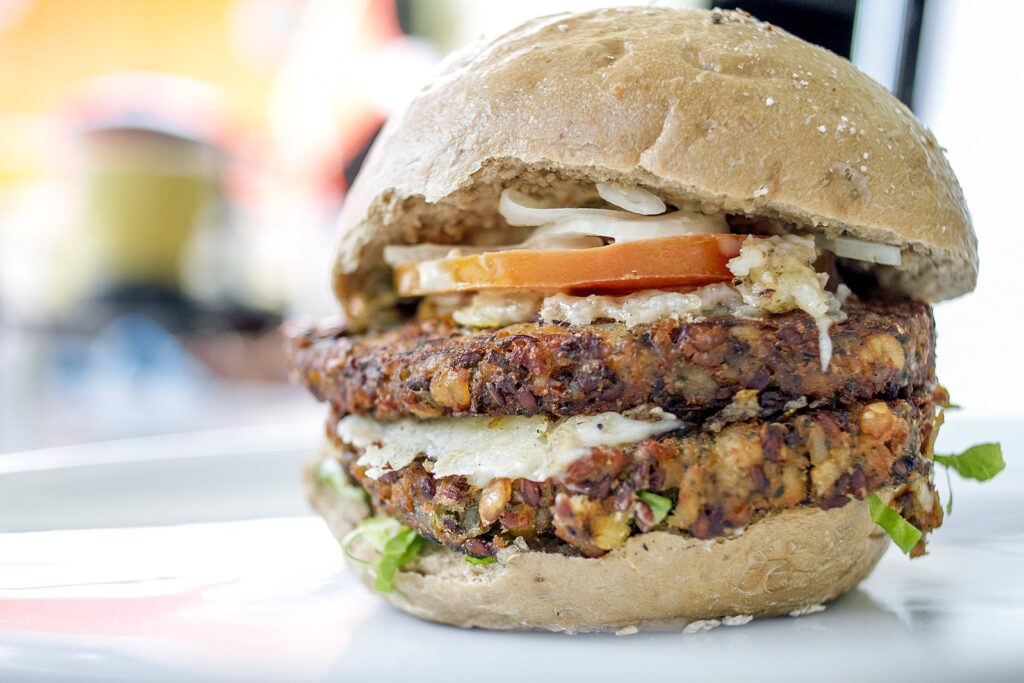
Before founding KaYama in 2022, Harris, a vegan and foodie who studied environmental engineering at the Technion – Israel Institute of Technology in Haifa, worked for several years as a R&D and process engineer at an alternative protein company.
He says he was always fascinated by the connection between great food, good nutrition and a healthy environment. And it was his own disappointing experience with alternative meat options that led him to try to fill an unmet need in this area.
Land Of Milk, Honey And Meat Alternatives
KaYama Foods is one of many startups that are contributing to the alternative protein and fat sector in Israel, where the industry has boomed in recent years. Other such startups include SimpliiGood, which uses algae to create vegan schnitzel among other products; More Foods, which uses discarded pumpkin and sunflower seeds to produce high-protein strips, chunks and minute steaks; and ChickP, which develops dairy-free cheeses from chickpea protein powder.
Sign up for our free weekly newsletter
Subscribe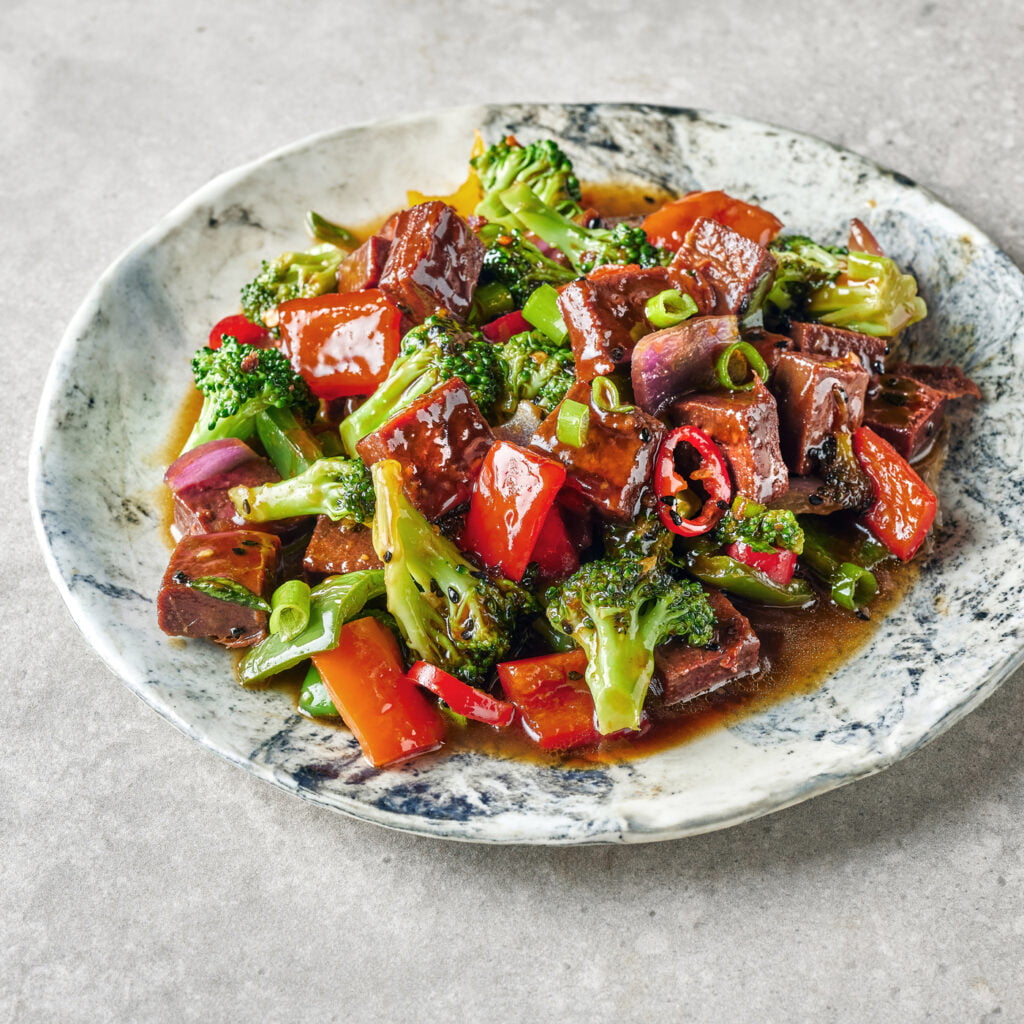
Israel has a ready market for meat substitute products, with around five percent of the population embracing a vegan lifestyle. A meat and dairy-free diet is so popular among young Israelis that in 2018, the Israel Defense Forces found that more than five percent of its soldiers (1 in every 18) described themselves as vegan, over four times the global average.
The country’s alternative protein industry has attracted more than $1 billion in investment over the past two years – second only to the USA, according to the Good Food Institute Israel.
Israel is also supporting the growth of alternative proteins, with the Israel Innovation Authority – a branch of the government – investing $12 million in alternative protein startups in 2022 alone. That same year, the Technion announced the establishment of the world’s first multidisciplinary research center for alternative proteins.

And in addition to KaYama, there are several companies that are developing ways of enhancing the sensory experience of eating a vegetarian or vegan burger.
Spain’s Cubiq Foods has created “smart fat,” a vegan source of fat that behaves like animal fat through the use of emulsifiers, an additive that stabilizes liquids that don’t normally mix, while Dutch company Bunge Loders Croklaan creates palm and shea-based fats and oils.
According to Harris, emulsions can prevent oils from leaking out by binding them in foods, but they don’t provide the functionality of oil – in other words, the texture, meatiness and aroma of meat products.
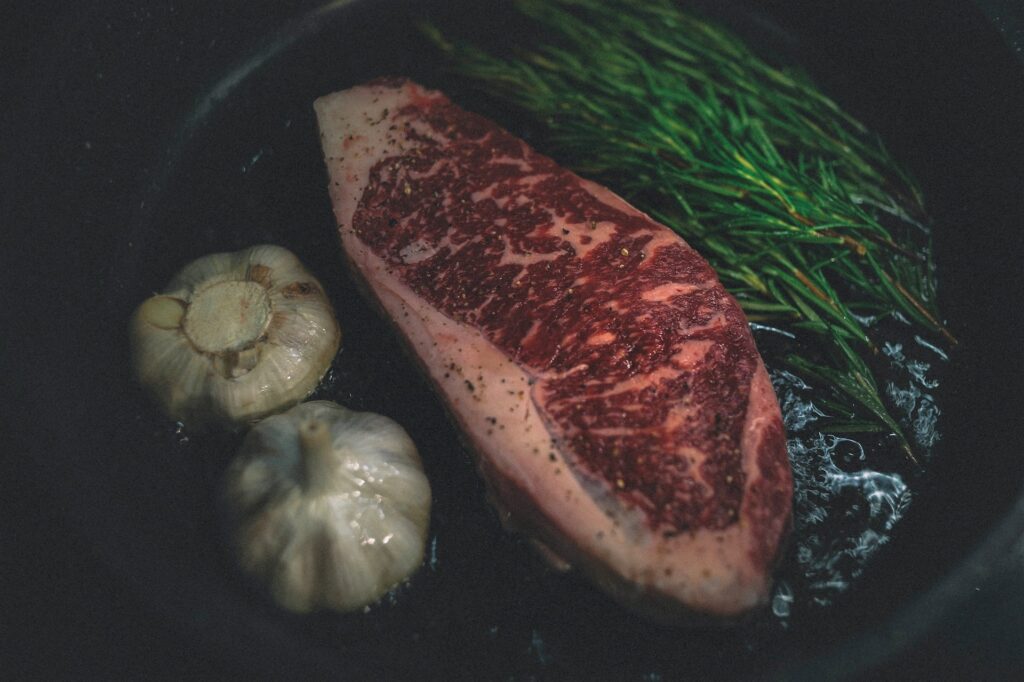
“In my opinion, these products don’t truly mimic animal fats,” he says. “We’re replacing lipids with lipids. We’re not replacing lipids with water or other substances.”
KaYama, which is based in Yokne’am Illit, in northern Israel, is currently in touch with alternative meat companies in Israel, and aims to commence a pilot with them after further developing its prototype.
KaYama was a finalist in this year’s MassChallenge Israel core accelerator program, a four-month intensive program that helps entrepreneurs advance their nascent companies.
“Our aim is to get these products [meat and fish alternatives] to actually become more like their animal counterparts,” says Harris.
Related posts

Editors’ & Readers’ Choice: 10 Favorite NoCamels Articles

Forward Facing: What Does The Future Hold For Israeli High-Tech?

Impact Innovation: Israeli Startups That Could Shape Our Future


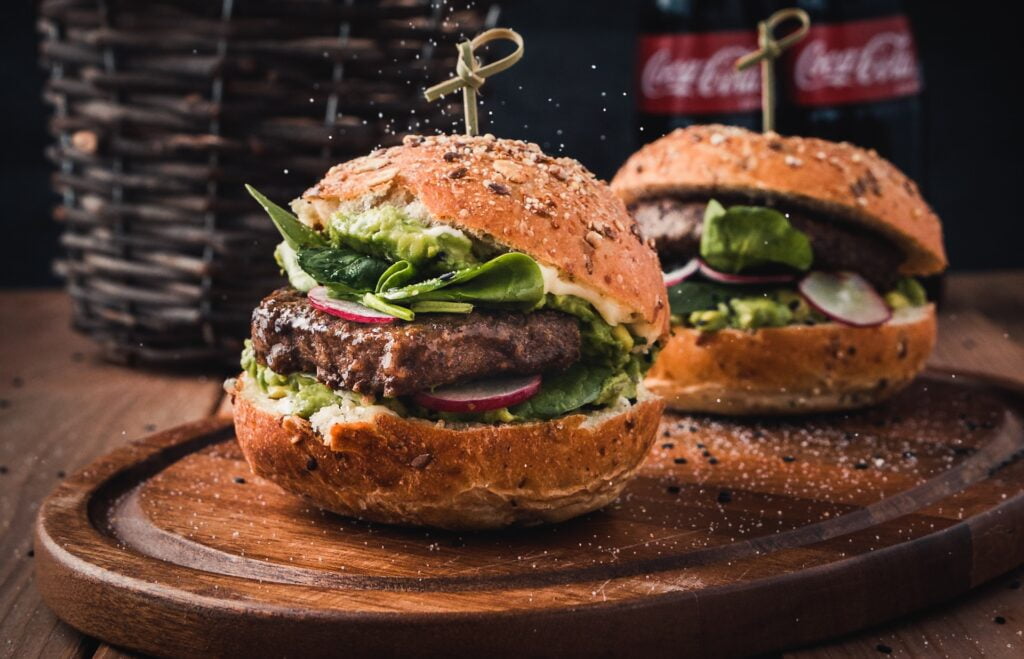

Facebook comments